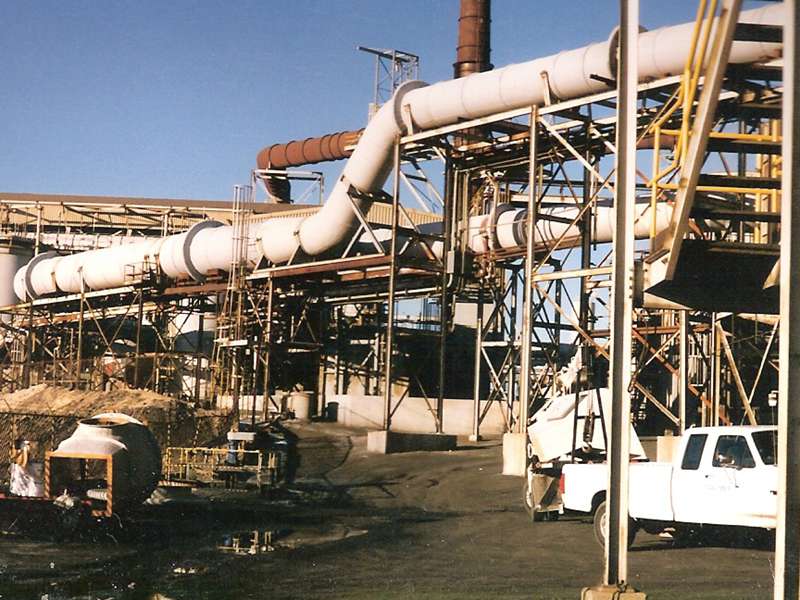
-
 Afrikaans
Afrikaans -
 Albanian
Albanian -
 Amharic
Amharic -
 Arabic
Arabic -
 Armenian
Armenian -
 Azerbaijani
Azerbaijani -
 Basque
Basque -
 Belarusian
Belarusian -
 Bengali
Bengali -
 Bosnian
Bosnian -
 Bulgarian
Bulgarian -
 Catalan
Catalan -
 Cebuano
Cebuano -
 China
China -
 China (Taiwan)
China (Taiwan) -
 Corsican
Corsican -
 Croatian
Croatian -
 Czech
Czech -
 Danish
Danish -
 Dutch
Dutch -
 English
English -
 Esperanto
Esperanto -
 Estonian
Estonian -
 Finnish
Finnish -
 French
French -
 Frisian
Frisian -
 Galician
Galician -
 Georgian
Georgian -
 German
German -
 Greek
Greek -
 Gujarati
Gujarati -
 Haitian Creole
Haitian Creole -
 hausa
hausa -
 hawaiian
hawaiian -
 Hebrew
Hebrew -
 Hindi
Hindi -
 Miao
Miao -
 Hungarian
Hungarian -
 Icelandic
Icelandic -
 igbo
igbo -
 Indonesian
Indonesian -
 irish
irish -
 Italian
Italian -
 Japanese
Japanese -
 Javanese
Javanese -
 Kannada
Kannada -
 kazakh
kazakh -
 Khmer
Khmer -
 Rwandese
Rwandese -
 Korean
Korean -
 Kurdish
Kurdish -
 Kyrgyz
Kyrgyz -
 Lao
Lao -
 Latin
Latin -
 Latvian
Latvian -
 Lithuanian
Lithuanian -
 Luxembourgish
Luxembourgish -
 Macedonian
Macedonian -
 Malgashi
Malgashi -
 Malay
Malay -
 Malayalam
Malayalam -
 Maltese
Maltese -
 Maori
Maori -
 Marathi
Marathi -
 Mongolian
Mongolian -
 Myanmar
Myanmar -
 Nepali
Nepali -
 Norwegian
Norwegian -
 Norwegian
Norwegian -
 Occitan
Occitan -
 Pashto
Pashto -
 Persian
Persian -
 Polish
Polish -
 Portuguese
Portuguese -
 Punjabi
Punjabi -
 Romanian
Romanian -
 Russian
Russian -
 Samoan
Samoan -
 Scottish Gaelic
Scottish Gaelic -
 Serbian
Serbian -
 Sesotho
Sesotho -
 Shona
Shona -
 Sindhi
Sindhi -
 Sinhala
Sinhala -
 Slovak
Slovak -
 Slovenian
Slovenian -
 Somali
Somali -
 Spanish
Spanish -
 Sundanese
Sundanese -
 Swahili
Swahili -
 Swedish
Swedish -
 Tagalog
Tagalog -
 Tajik
Tajik -
 Tamil
Tamil -
 Tatar
Tatar -
 Telugu
Telugu -
 Thai
Thai -
 Turkish
Turkish -
 Turkmen
Turkmen -
 Ukrainian
Ukrainian -
 Urdu
Urdu -
 Uighur
Uighur -
 Uzbek
Uzbek -
 Vietnamese
Vietnamese -
 Welsh
Welsh -
 Bantu
Bantu -
 Yiddish
Yiddish -
 Yoruba
Yoruba -
 Zulu
Zulu
FRP Storage Tanks for Chemical Safety and Efficiency Management Solutions
FRP Chemical Storage Tanks The Ideal Solution for Safe and Efficient Chemical Storage
In the modern industrial landscape, the safe storage of chemicals is paramount. Chemical storage tanks are crucial to preventing environmental hazards and ensuring workplace safety. Among various materials used for constructing these tanks, Fiberglass Reinforced Plastic (FRP) stands out as an exceptional choice. This article explores the benefits, uses, and considerations surrounding FRP chemical storage tanks.
Understanding FRP Technology
Fiberglass Reinforced Plastic (FRP) is a composite material made of a polymer matrix reinforced with fiberglass. This combination brings together the best of both worlds – the strength and durability of fiberglass with the lightweight, corrosion-resistant properties of plastic. Over the years, FRP has gained significant popularity in various applications, particularly in the storage of chemicals.
Advantages of FRP Chemical Storage Tanks
1. Corrosion Resistance One of the primary advantages of FRP tanks is their inherent resistance to corrosion. Chemical environments can be harsh, with substances that can degrade materials like steel or concrete. FRP tanks resist a wide range of corrosive chemicals, including acids, bases, and salts, making them ideal for storing aggressive substances.
2. Lightweight and High Strength FRP tanks are lightweight compared to traditional materials, which facilitates easier handling, installation, and transportation. The strength-to-weight ratio is significantly better, allowing for larger storage capacities without the added structural weight.
3. Customizability FRP tanks can be tailored to specific needs in terms of size, shape, and design. Manufacturers can create tanks that meet the unique requirements of various industries and applications, whether for wastewater treatment, chemical processing, or agricultural use.
4. Low Maintenance The durability and resistance to degradation mean that FRP tanks require less maintenance compared to other storage solutions. This can translate to lower operational costs and reduced downtime, making them a more economical option in the long run.
5. Environmental Compliance Using FRP tanks can aid companies in meeting environmental regulations. Their non-reactive nature and impermeability to chemicals minimize the risks of leaks and spills, thus protecting the surrounding environment.
Applications of FRP Chemical Storage Tanks
FRP chemical storage tanks are widely used across various industries
frp chemical storage tanks

- Chemical Processing Used for storing raw materials and finished products, these tanks can hold acids, solvents, and other chemicals critical to manufacturing processes. - Wastewater Treatment FRP tanks are often seen in plants that treat wastewater, where they store chemicals for neutralization and other treatment processes.
- Food and Beverage In the food industry, FRP tanks serve to store cleaning agents and other substances that need safe and compliant containment.
- Agriculture Farmers use FRP tanks for pesticides and fertilizers, taking advantage of their strength and resistance to chemicals.
Considerations for FRP Chemical Storage Tanks
While FRP tanks offer numerous advantages, it is essential to consider specific factors when selecting and installing these storage solutions
1. Temperature Sensitivity FRP tanks can be affected by extreme temperatures. Therefore, it is critical to consider the maximum and minimum temperatures of the stored substances to ensure optimal performance.
2. Operating Pressure Assessing the pressure requirements of the application is vital. FRP tanks may not be suitable for high-pressure applications without proper reinforcement.
3. Regulatory Compliance Always verify that the chosen FRP tank complies with local and international regulations regarding chemical storage.
4. Quality of Manufacturing Not all FRP tanks are created equal. It is crucial to source tanks from reputable manufacturers that adhere to industry standards and quality assurance protocols.
Conclusion
FRP chemical storage tanks represent an innovative and reliable solution for industries requiring safe chemical containment. Their corrosion resistance, lightweight construction, customizability, and low maintenance make them an attractive option compared to traditional storage materials. As industries continue to prioritize safety and environmental responsibility, the demand for effective storage solutions like FRP tanks will likely grow, establishing them as a staple in chemical storage over the coming years.









